Finding The Sun
Mariel Hemingway, Oscar-nominated actress and granddaughter of author Ernest Hemingway, sheds light on the silent suffering of mental illness.
Mariel Hemingway appears to have lived a charmed life. She’s the granddaughter of literary great Ernest Hemingway and an Oscar-nominated actress (Woody Allen’s Manhattan). But there is a darkness that’s hung over her family. Addiction and mental illness dot her lineage — seven relatives, including her sister and her grandfather, all committed suicide because of it. Hemingway spent a day in Toronto this past August as a brand advocate for quartz surface producer Cambria to discuss her new book, Out Came the Sun, and breaking the stigma around mental illness. We caught up with this Academy Award nominee, author and activist before her talk at the National Club in downtown Toronto to find out more.
You released two books this year, Out Came the Sun and Invisible Girl, which deal with overcoming addiction and mental illness in your family. What was the experience like to share your story?
I think any time you put pen to paper in any regard it’s very cathartic. I think when you start to write it comes through you, or at least my experience is that when you give yourself permission to write your story down it’s very healing. It’s almost as though through this stream of consciousness things come out that you didn’t even realize you knew or remembered or had an affinity for. So it’s a powerful experience.
Why publish two books, one for a more mature crowd and one targeted at younger individuals?
I did a documentary called Running from Crazy. I’ve done a lot of work with suicide prevention and mental illness awareness, but it seemed to me, after making the film, that there was a deeper story. I felt that by telling my own story it would give others permission to tell theirs. The reason why I wrote Invisible Girl is because I think that children or young adults really have a difficult time and they don’t have a tapestry of experience in their past that allows them to understand the families that they’ve grow up in. They may love them like I loved mine, but you don’t always get why people act the way they do, or why they’re addicted or why they rage or get upset or drink too much or do whatever they do. Or if you have a sibling or a parent that is depressed or dealing with a mental illness, understanding that you’re not the cause is really important. So I wrote that for those that don’t feel they have a voice or never felt they’ve been seen or heard.
I think having awareness and having knowledge about something gives you power
— Mariel Hemingway
In Out Came the Sun, you talk about how you were upfront about your family history, specifically about your sister Margaux’s suicide, with your one daughter, Dree, when she began demonstrating early troubling signs. What was it like to have that very frank conversation?
Some parents don’t communicate, like my own parents, but I think we’re of a generation that talks to our kids. I think it’s really important to shed light on the reality of our past, where we come from and our heritage and our genetics. And you don’t do it in the sense that, “Oh, this is your future.” You do it to say this is our genetic makeup; this is the map of where we come from. Be conscious of it. Because I think having awareness and having knowledge about something gives you power. It gives you the power to choose a different way of life or make choices that you know support your own ecosystem that will make you most healthy and balanced.
You share a story about your time with the Dalai Lama, how during the end of your time with him he said, simply but powerfully, “You’re OK.” This seemed like a moment of clarity for you. Tell me about the impact of those words.
It wasn’t a moment that was like an epiphany and then all of a sudden I was a shifted human being — I’ve been on a journey for a very long time. But it was a moment where it was like putting a period at the end of a sentence, at the end of the paragraph. I was done searching. What I realized coming out was: no more following, no more gurus. And it took a while to shed that out of my life. But I started to see that I was my teacher, and that was what was profound. I drew to myself, after that experience, an independence, a confidence, an awareness that I hadn’t had before.
Mental illness is being talked about now more than ever. But is that stigma breaking or is there still an uphill battle?
I actually think it’s on the tipping point of really shifting. I think the more that people either suffer or know somebody who suffers, the more that people talk about it, the more it will lose this taboo … I think people need to understand that our heads and our bodies are not disconnected. They go together. So the more that we can make harmonious minds the better we can make our bodies and vice versa. So for me it’s always about talking about lifestyle. How are you living your everyday life? Because it’s going to affect your brain, it’s going to affect your balance. It doesn’t mean that that’s the sole solution, but it’s a very huge part of the solution.
photo by john packman
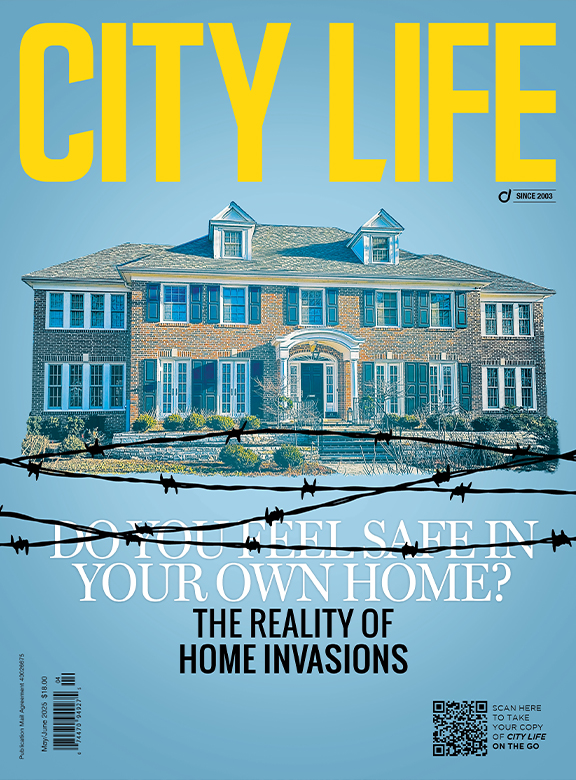






































































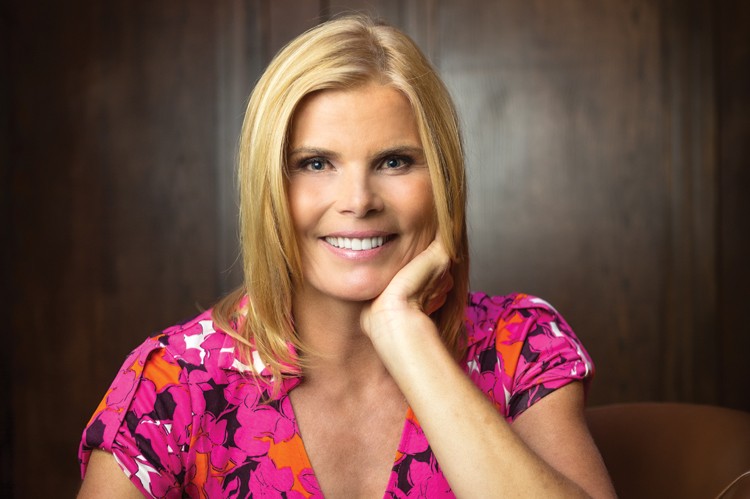
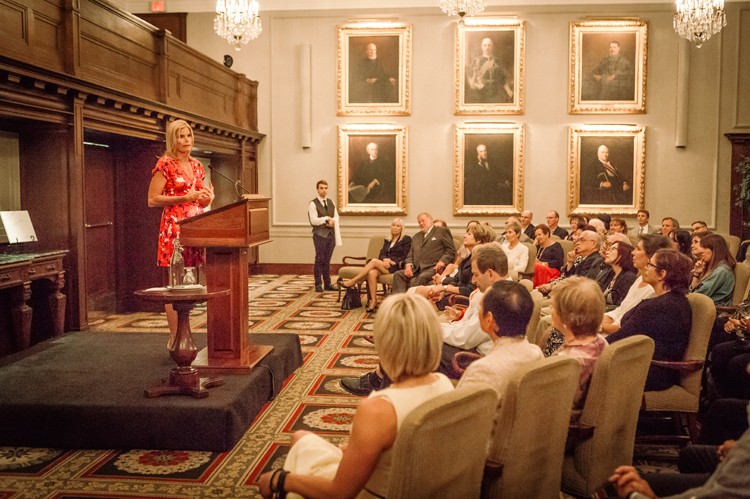
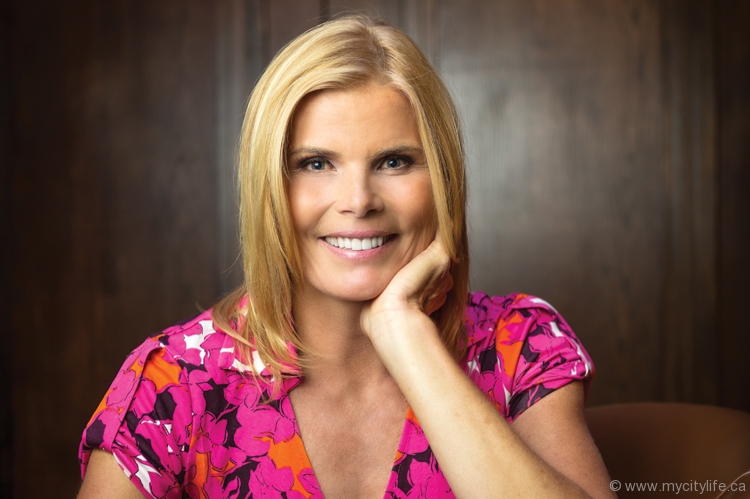


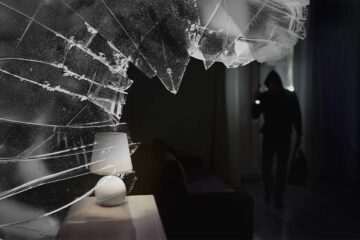

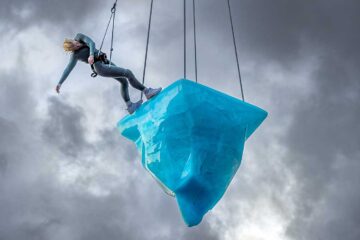

No Comment